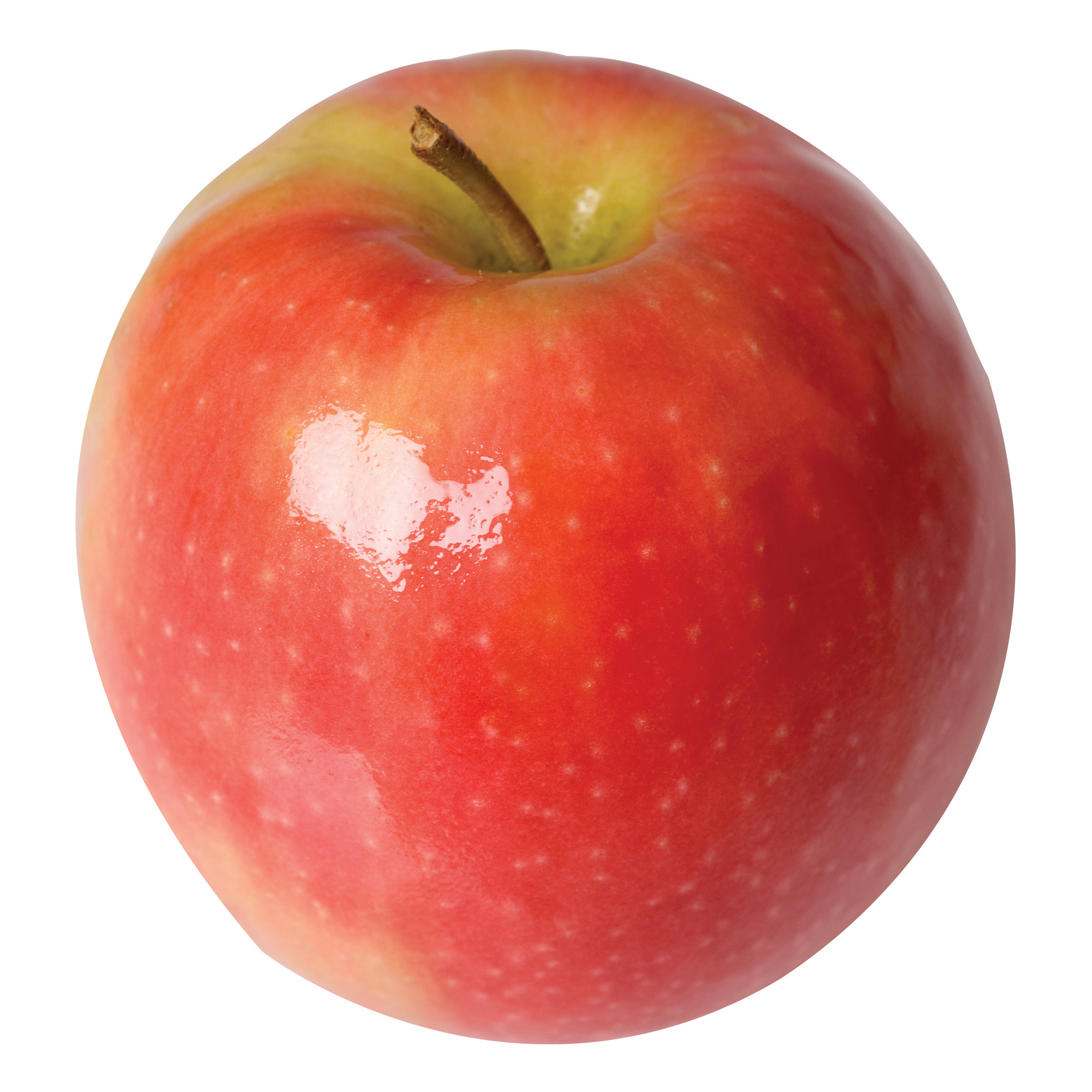
• Keep your initial search simple—set the limit for “Full Text” right away, but save other limits (such as date ranges, scholarly, etc.) until you see the results list.
• Look for common database tools (suggested subject headings, abstracts, citation help, emailing and save options) on the edges of the page, often in a color bar above the search boxes or in a separate frame on the right or left of your results list.
Periodical publications such as magazines, newspapers and journals vary in quality and depth of coverage. Instructors will frequently want you to select articles from scholarly journals (sometimes called "refereed" or "peer-reviewed" journals, though the terms don't mean exactly the same thing).
Click the image below to watch a short (3min) video on how to tell the difference between scholarly articles and popular magazine articles.
For more detail, try our guide:
PubMed Central is a free full-text archive of biomedical and life sciences journal literature at the U.S. National Institutes of Health's National Library of Medicine (NIH/NLM)
PubMed Central offers very sophisticated searching options, but these can be intimidating to new users. Read PubMed Help first.
SCHOLARLY ARTICLES ARE WRITTEN TO :
· report results, experimental or observational
· relate these results to previous knowledge in the field
· facilitate communications among researchers
SCHOLARLY ARTICLES ARE READ TO :
· keep readers current with the latest research in field
(Articles are published more quickly so are more up-to-date than books)
· model how a similar study might be done
· improve readers’ writing skills
· enable critical thinking
(Raw data accompanies conclusions, so readers can decide for themselves.)
· find more useful resources for further research
(The reference list can be used to find related books and articles.)
· develop a skill expected by employers


Subject headings commonly used in the Library of Congress system are good for limiting any topic to materials for teaching and learning. All college and university catalogs will use these headings.
The education community has often changed the terminology used over time. One useful source for current and historical terminology is the thesaurus in the ERIC database. Terms associated with learning disabilities can also be found in the Diagnostic and Statistical Manual of Mental Disorders (DSM-V), 5th edition, available at the Circulation Desk for two-hour, in-library use.